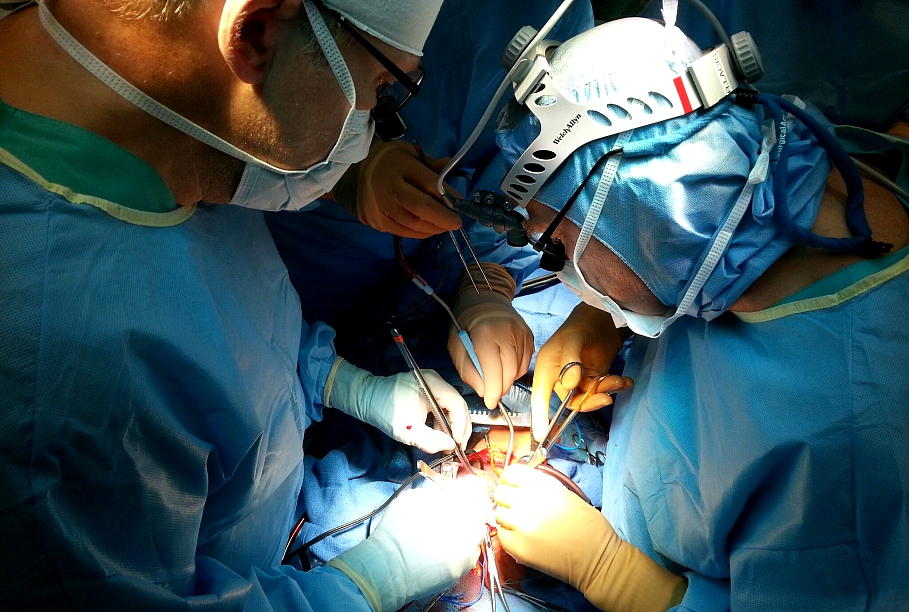Only 20 percent of respondents said that Latvia's healthcare system met residents' needs with the remainder undecided.
This percentage, however, is higher than four years ago: 14 percent said in 2011 that Latvia's healthcare system met residents' interests.
Anda Caksa, CEO at the Pauls Stradins Clinical University Hospital, commented: "Discontent at the healthcare system is one element that is characteristic of almost all countries in the world, including the most developed ones. What sets Latvian healthcare system apart is the fact that completely all social groups have the right to receive services covered by the state. Clearly, such an "extra" cannot be without side effects, which include access to services, lines, and quotas."
As for the main problems with healthcare in Latvia, 71 percent of respondents mentioned the cost of healthcare services, 69 percent the cost of medicines, and 63 percent - insufficient financing. Only 1 percent of respondents said there were no problems in healthcare.
The proportion of those who mentioned the cost of healthcare services, 71 percent, is higher than in 2011 - 67 percent. In addition, 35 percent said this year that staff shortages was a problem (26 percent in 2011), 34 percent said that residents were not paying enough attention to their health (27 percent in 2011), and 30 percent said that medical workers' wages were too low (23 percent in 2011).
Ivars Krastins, head of the intensive care unit at Liepaja Regional Hospital, commented that survey's findings were spot on, except for the "high cost" of healthcares services. The reason for this is psychological expectations of free healthcare services, inherited from the Soviet period. Healthcare services in Latvia are not expensive, but they may be hard to access for various reasons - shortages of specialists, quotas, insufficient information and others, explained Krastins.
Asked to name the most important changes in healthcare over the past four years, 48 percent of respondents said that medicines had become more expensive, 45 percent noted longer lines waiting for healthcare services, and 44 percent said that healthcare services had become costlier. However, there also were positive opinions: 35 percent of respondents said that hospitals now had modern equipment, and 30 percent named extensive renovation of hospitals and outpatient clinics.
"DNB Latvia Barometer" is carried out on a monthly basis. The survey is made up of two parts of poll questions - one that is constant and featured in every survey, and the other that deals with the latest developments in Latvia.





























